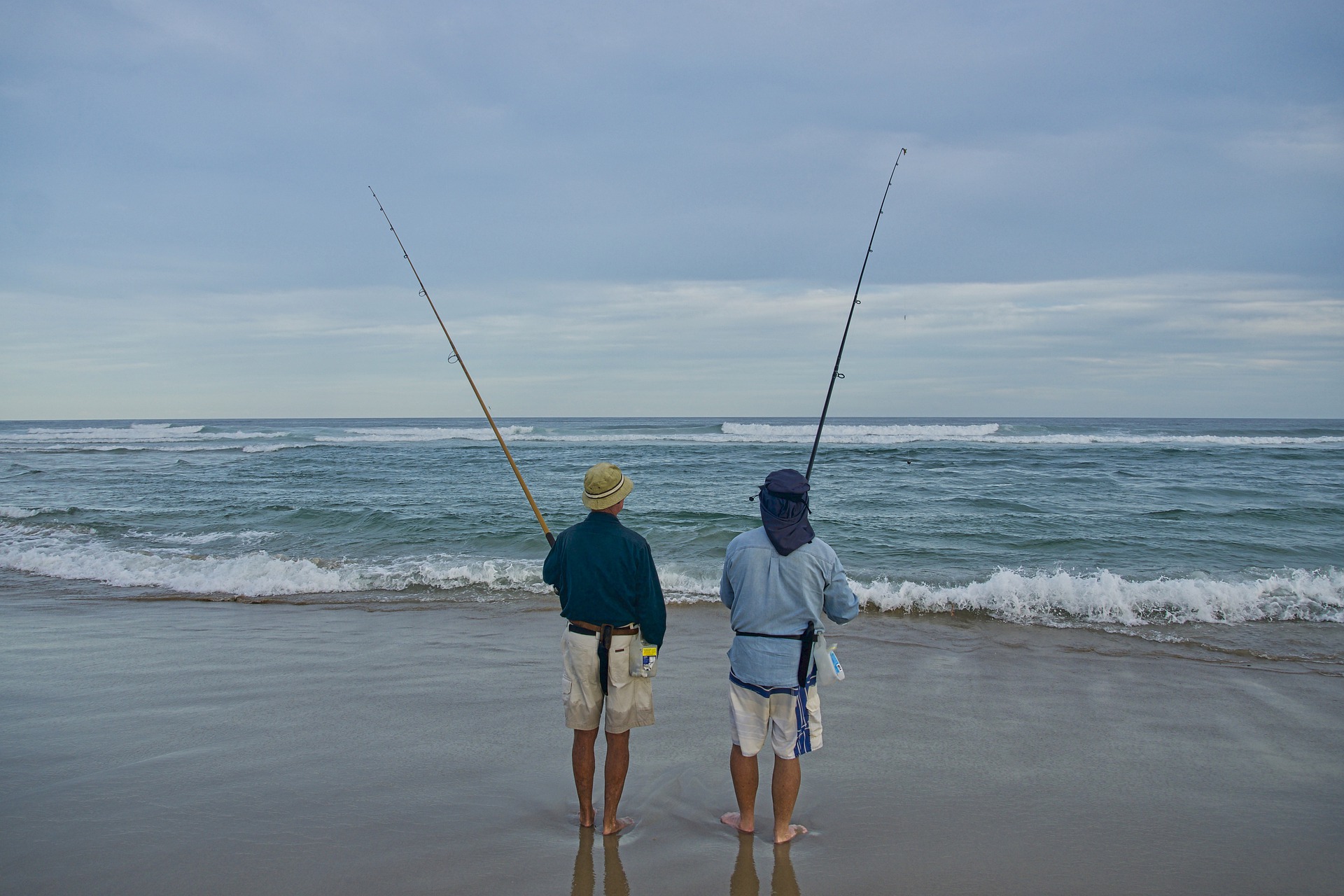Media release
From:
Seafood is generally a safe and healthy food but each year Australians are affected, and even hospitalised, from illnesses such as bacterial infection, fish parasites, scombroid poisoning and ciguatera poisoning from their own catch.
Cathy Moir, Chair of the Food Safety Information Council, said that many of those cases could be significantly reduced with knowledge on what to look out for and correct handling methods.
To address this issue the Council today released food safety advice to Australia’s estimated five million recreational fishers.
‘Recreational fishing is an important leisure activity for Australians of all ages and backgrounds but there are a few tips for fishers to follow to make sure their catch doesn’t make them or their families sick,’ Ms Moir said.
‘Here are 5 tips to help make sure your catch is safe:
- Firstly, always be aware of warnings from local authorities about any pollution risks in the waters where you are fishing or gathering shellfish or crustaceans. This includes chemical contamination, flood water contamination by sewage, blooms of algae, or shellfish toxins.
- It is very important to chill fish using ice or an ice slurry as soon as possible after capture, particularly for large fast swimming predators such as tuna, mackerel, marlin, skipjack and bonito but its also a great way to treat all caught fish to allow the fish to kept longer.
- Two other main tips that address the impact of parasites are to gut the fish as soon as you have caught it and to either freeze or cook to 63 degrees C to kill any parasites.
- Care should be taken when eating Oilfish for the first time and should be avoided if pregnant or you have bowel problems.
- Fish is great for your health and everyone should eat two to three serves of fish a week for good health. However, some of the larger species of fish, such as shark, marlin and swordfish, have levels of naturally occurring mercury. Pregnant women, women planning pregnancy and young children shouldn’t eat shark, broadbill, marlin and swordfish more than once a fortnight.
‘Finally, a reminder for those who are picking up their seafood from a retailer this Easter to always transport your seafood home in a cooler with ice,’ Ms Moir concluded.
Find out more about seafood food safety at Recreational fishing and food safety
Further information on identifying species:
The Food Safety Information Council is a health promotion charity which aims to address the estimated 4.1 million cases of food poisoning in Australia each year that result in 31,920 hospitalisations, 86 deaths and 1 million visits to doctors.



 Australia
Australia



